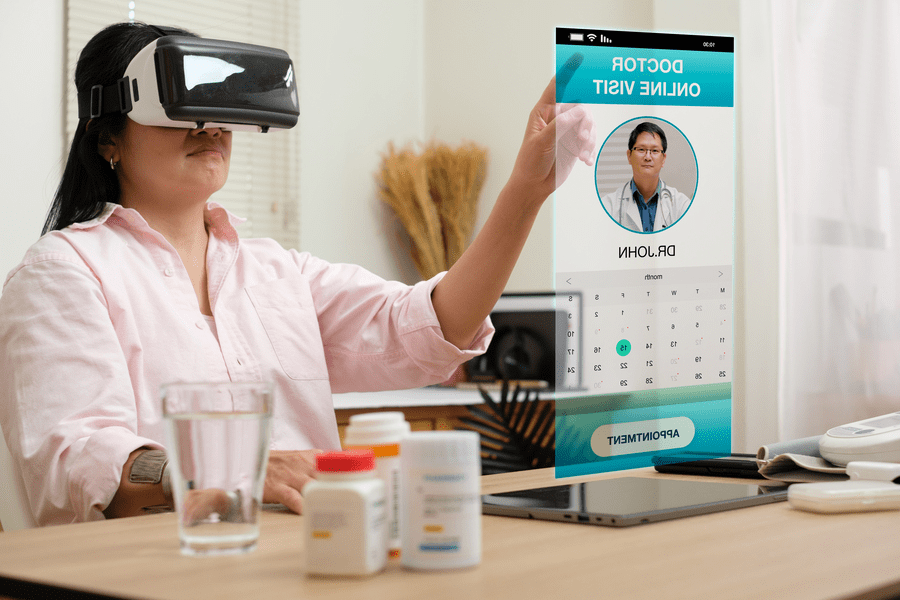30 August 2022
IoT for Healthcare Industry
The Internet of Things (IoT) has brought a huge transformation in our lives and majorly in the healthcare sector. As a result of IoT solutions, medical facilities have become smarter at their operations. Also, the level of complexity is no longer the same due to the use of IoT, which comes with a wide range of opportunities.
Since IoT is impacted by other powerful technologies like Artificial Intelligence (AI), 5G wireless, and Big Data, the healthcare industry will experience a complete transformation. This article will discuss how IoT benefits the healthcare sector and some examples of its solutions.
The benefits of IoT in the healthcare industry
Introducing IoT to healthcare comes with several advantages. Below are some of the most important ones:
- Improved treatment outcomes: IoT medical devices gather highly accurate data. For that reason, practitioners and health facilities can make informed decisions with minimized chances of errors. Once patients visit a hospital, their information is quickly uploaded and sent to a cloud platform or a doctor.
- Reduced costs: With the help of IoT devices, patients who are out of danger don't have to stay at the hospital. These devices can monitor their condition and send crucial information to a healthcare facility. This means fewer days in the hospital and practitioner visits, narrowing down several expenses.
- Better medicine management: The process of issuing patients with medicine is automated, thanks to IoT medical apps. A healthcare practitioner can remotely tell whether a patient has taken drugs; if not, they can always be reminded about it.
- Increased alert of hospital staff: Another biggest IoT benefit is that patients can seek immediate help from medical care in real-time. For example, doctors and nurses can work beyond their capabilities during a pandemic by using IoT tools to monitor dozens of patients.
Examples of healthcare IoT solutions
IoT is not only limited to bracelets and smartwatches that monitor our heart rate. It also provides high-end solutions to your healthcare problems. Let's look at the most common applications of IoT at various medical facilities.
➢ IoT medical wearable devices help home-based patients and elderly people to communicate with a healthcare facility in real-time. Also, doctors can track a patient's health status and respond immediately.
➢ Health facilities with IoT offer advanced security through ID-enabled security doors and video security cameras. As a result, there are minimized threats and unauthorized departure and entry.
➢ IoT enables practitioners to upload patients' information to the cloud from home or an ambulance during emergencies.
➢ Disabled people use smart wheelchairs that are fully automated through IoT. For example, they feature multi-mode sensing technology that ensures positioning is done on time. Also, IoT allows a smart wheelchair to transmit data in real-time.
➢ A smart hospital with an IoT system reduces most complexities experienced by medics. This system collects patients' data and checks their condition, including body temperatures, breathing rate, heart rate, etc.
From recent events, IoT has a future in the healthcare industry due to its many benefits and solutions. Besides, it comes with gigantic technologies like Big Data, 5G, and AI that uplift the healthcare sector making it a better place.
Is this information helpful?
